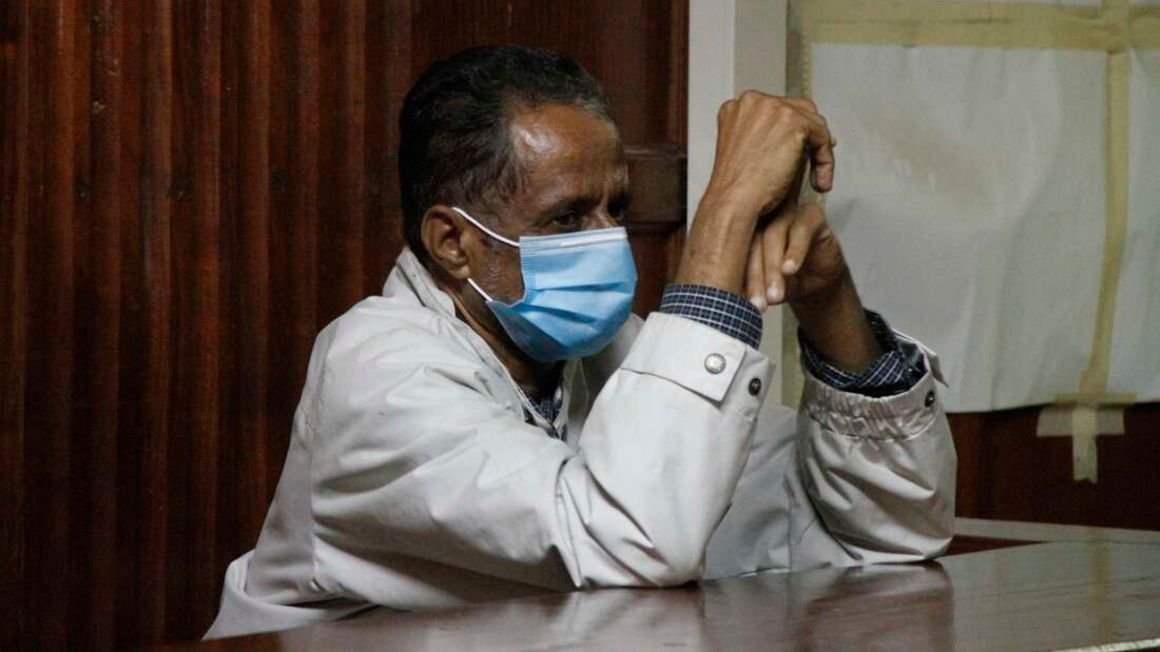Abubakar Surur looks very humble. Yet he is the perfect example of not judging a book by its title. The 62-year-old Kenyan recently pleaded guìlty to poaching charges in a US court in a case that revealed how he and his accomplices earned Ksh864.8 million from the illégal sale of ivory and rhinoceros horns.
Read >> Protect You Money – How To Beat Fraudsters At Their Own Game
Documents from a New York federal court reveal that Abubakar Mansur Mohammed Surur was part of a transnational crimìnal syndicate involved in the large-scale traffìcking and smùggling of rhinoceros horns and elephant ivory over the past seven years.
Mr Surur’s crìmes, to which he pleaded guìlty, involved the illégal poaching of more than 35 rhinoceros and about 100 elephants – both endangèred species – across seven African countries, including Kenya.
Most of the horns and ivory were from Uganda, the Democratic Republic of the Congo, Guinea, Kenya, Mozambique, Senegal, and Tanzania.
The prosecutors disclosed Mr Surur accomplices as Liberian Moazu Kromah and Amara Cherif from Guinea. They made at least Sh397.3 million from the sale of 190 kilogrammes of rhino horns and Sh467.5 million from the approximately 10 tonnes of trafficked ivory.
“In total, the estimated average retail value of the rhinoceros horn involved in the conspiracy was at least approximately $3.4 million, and the estimated average retail value of the elephant ivory involved in the conspiracy was at least approximately $4 million,” Damian Williams, US attorney for the Southern District of New York, in a statement.
The Kenyan who was extradited to the US in January last year could face life in prìson. The crìme carries a maximum sentence of five years and another count of conspiracy to traffic héroin, which carries a maximum sentence of life in prìson.
Mr Surur and his accomplices mostly operated in Kampala while their buyers were located in the US and countries in Southeast Asia.
“The defendants received and deposited payments from foreign customers that were sent in the form of international wire transfers, some of which were sent through US financial institutions, and paid in cash,” Mr Williams said.
See >> DP Ruto’s Company Faces Auctioneers’ Hammer
The statement released by the US attorney said law enforcement agents intercepted a package on March 16, 2018, containing a black rhinoceros horn sold by Mr Surur and his accomplices. The buyer was in Manhattan.
Still in 2018, the accused persons offered to sell additional rhinoceros horns of varying weights, including horns weighing up to seven kilogrammes. The police intercepted the package with two rhinoceros horns on July 17, 2018. The illègal products were concealed in a package passed as pieces of art such as African masks and statues.
Endangèred Species
Another Kenyan, Badru Abdul Aziz Saleh is in custody awaiting extradition while an accomplice, Abdi Hussein Ahmed, also a Kenyan, is still at large with a bounty of up to $1 million for his capture.
Mr Surur was arrèsted on July 29, 2020, at the Moi International Airport, Mombasa after landing from Yemen on a chartered flight. A trade involving endángered or threatened species is a violation of the Kenyan and US laws, as well as international treaties. (Reporting by Business Daily)








![Parliament in a past session. [Photo/Parliament of Kenya/Facebook]](https://businesstoday.co.ke/wp-content/uploads/2026/02/Parliament-Kenya-200x143.webp)



Leave a comment